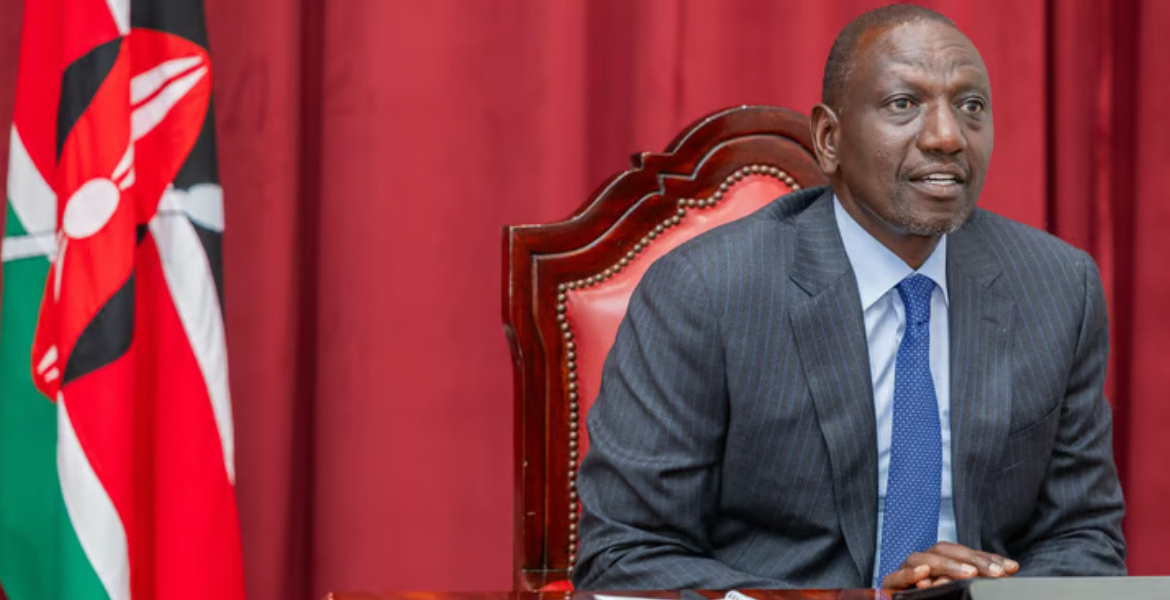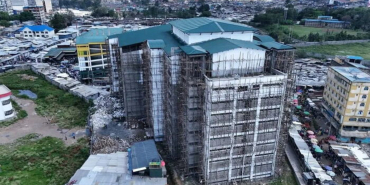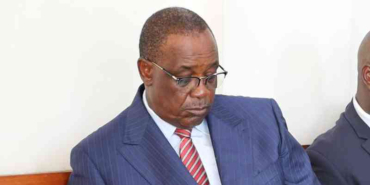Ruto Gives Cabinet Two Weeks to Deliver Flagship Project Plans

President William Ruto has issued a two-week ultimatum to his Cabinet, demanding detailed implementation plans for flagship projects.
The directive, delivered at a National Executive Retreat in Karen, underscores the administration's urgency to accelerate the pace of government delivery.
The retreat, convening Cabinet Secretaries, Principal Secretaries, and senior government officials, served as a mid-term evaluation of the Kenya Kwanza administration's performance since its inception in September 2022.
While acknowledging notable advancements across various sectors, President Ruto expressed dissatisfaction with the current rate of execution and cautioned that inefficiency and complacency would not be tolerated. The President emphasized the critical importance of the government's digital procurement system, stating, "Beginning July 1, all government procurement end-to-end will be on our E-platform. It is not a request; it is an instruction."
This system, initially conceived under the previous administration but subject to significant delays, is now positioned as a key component of the government's anti-corruption strategy and commitment to fiscal discipline. Deputy President Kithure Kindiki supported the President's message, directing all ministries, departments, and agencies to submit comprehensive project completion roadmaps within 14 days.
The focus on accountability was reinforced with a directive holding public officials personally responsible for wasteful expenditures. Ruto specifically cited instances of equipment procurement for facilities that had not yet been constructed, warning, "Whoever is awarding a tender for something they know will not be of use to the public should carry responsibility for it."
The retreat also addressed systemic challenges that have impeded service delivery, including legal obstacles, geopolitical shifts, and ongoing budgetary constraints. Furthermore, the administration acknowledged that misinformation and politicized narratives have complicated public engagement and undermined trust in government initiatives.
Despite these challenges, President Ruto reaffirmed his commitment to key priorities, including the construction of ICT hubs nationwide, the procurement of locally manufactured equipment, and a renewed effort to bolster foreign exchange reserves by increasing exports and reducing non-essential imports. The call for a "Whole-of-Government" approach to procurement reflects a shift towards integrated planning and execution, designed to overcome the siloed operations that have historically affected public sector performance.
Transparency is crucial, with the President asserting, "We should be able to know how many bid for a tender, who won, and how much was awarded," highlighting the government's ambition to institutionalize integrity within government systems.
A communiqué issued at the conclusion of the retreat acknowledged that while "considerable progress was evident in key delivery milestones," significant gaps remain.
The document identified weak monitoring and evaluation frameworks and the exploitation of legitimate grievances as factors hindering the administration's ability to fulfill its social contract with citizens.








Add new comment